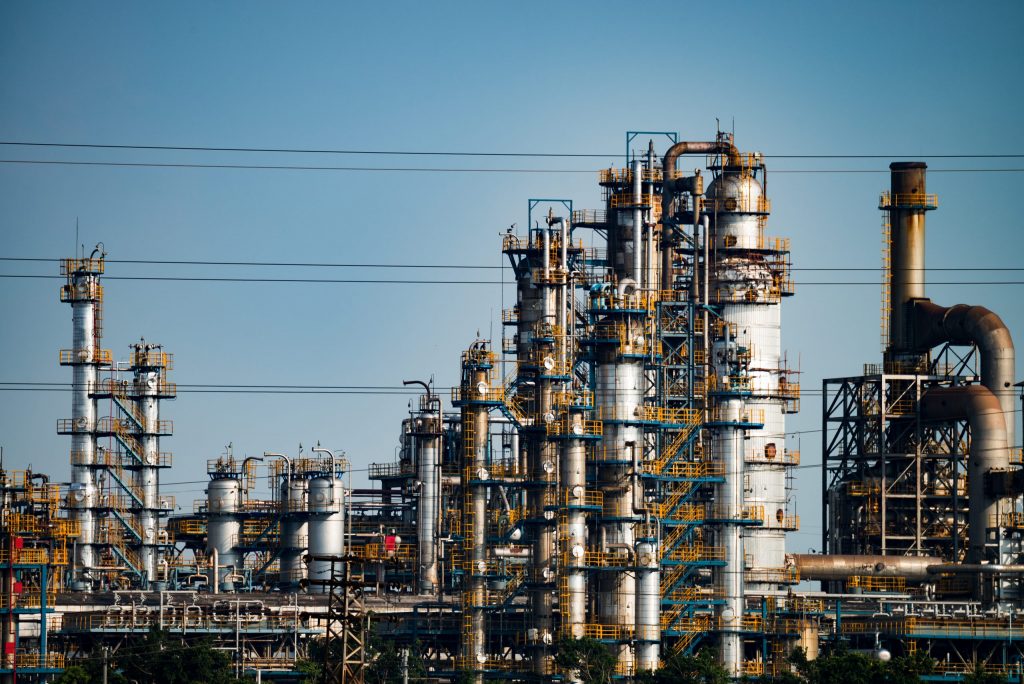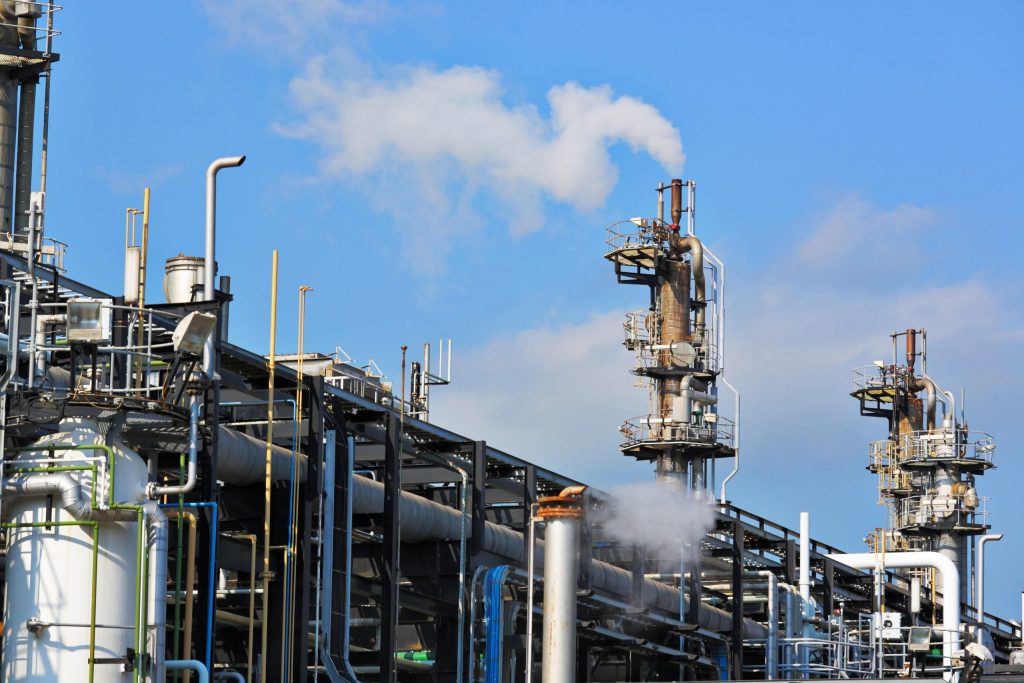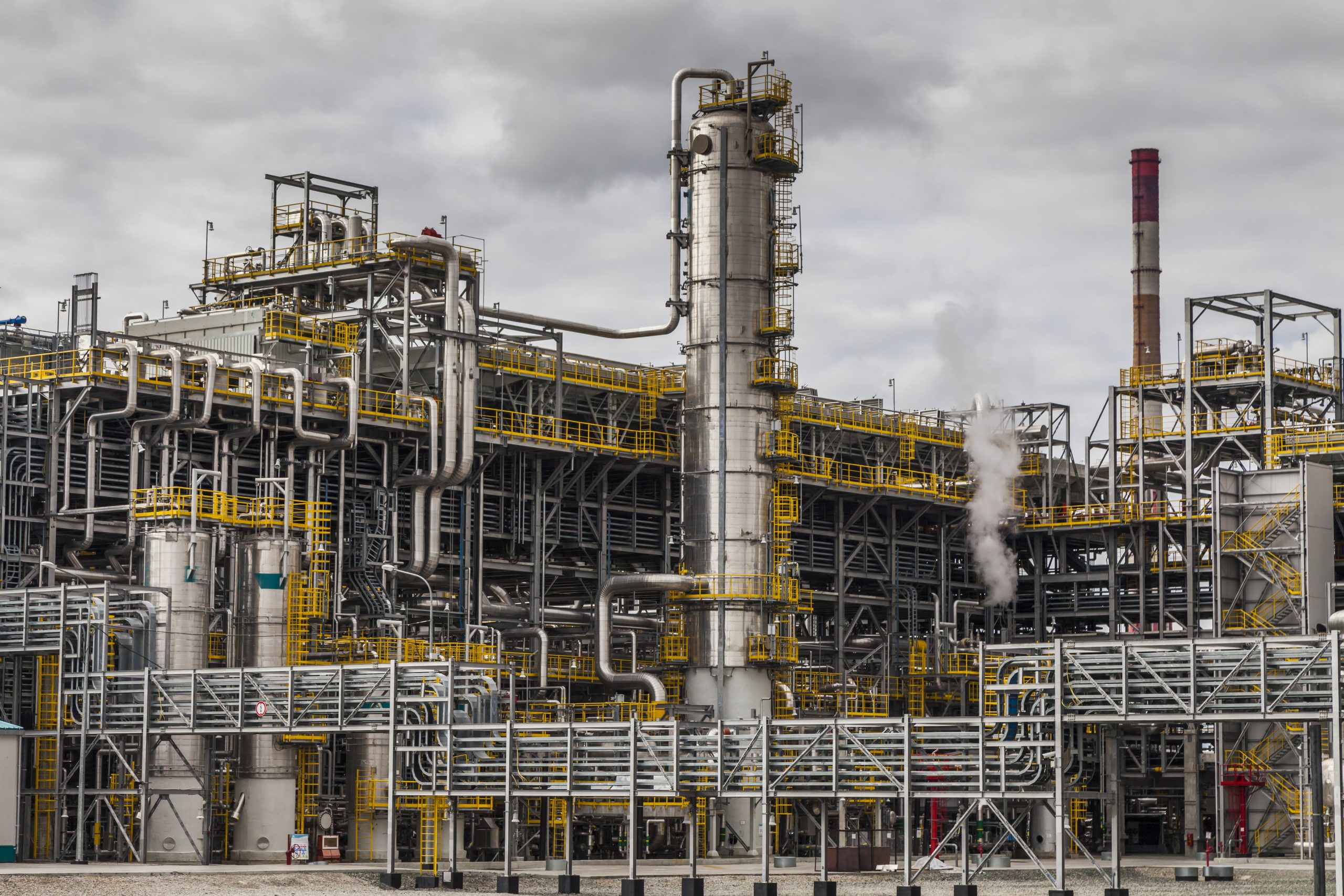The industries over the last few years have faced the growing importance of using digital systems aimed at the integrity of assets in their operation. The essentiality of the digitalization of this discipline for the maintenance of a continuous, safe process, with better performance indexes, is already known by many managers, and the implementation of new technologies that optimize the integrity of these assets is already part of the digital transformation of large companies.
As much as the subject is already known by the industry, there are still many difficulties in adapting to this scenario. Within an industrial plant are thousands of assets that need to be managed, making it practically impossible to carry out the activity manually.

The need to digitize and automate the integrity of assets is even more evident when we take into account that the plants operate 24/7 and that the costs linked to interruptions are major disadvantages in the process. Because of this, one of the main objectives of efficient asset integrity management is the continuity of the operation
The balance between profitability and intervention
Some of the signs that indicate when health management is not being performed as expected are:
- Too many interruptions
- Difficulty in locating the source of minor flaws
- Small accidents and fires
- Operators do not feel safe
- Maintenance sectors are not receiving the necessary investments
When these points start to become present it means that it may be time to review procedures and adopt other forms of integrity management so that the signs listed above can be resolved without compromising the operation.
The alternative that has been used to optimize this procedure is the integration of technology to integrity management, ensuring that the asset life cycle is optimized, reducing risks and increasing performance.
To make this possible, technologies from digital transformation are used, including:
- Digital Twin – Allows a continuous flow of data between real assets and their digital replica
- Artificial Intelligence – Allows extraction, processing, and generation of high-value knowledge about data
- IoT – Allows M2M extraction and communication between various parts of the operation
Good integrity management directly influences the cost of maintenance within an industrial facility. With the use of the technologies listed above, the best performance of each asset can be extracted, allowing them to continue to perform their function without generating risks or unexpected interruptions. From the digitization of the integrity discipline, maintenance costs can be calculated and better managed, since the performance of maintenance and inspection activities will be performed in an optimized manner.

When there is a gap in the management of the integrity of industrial assets, it can be observed that the maintenance routine becomes larger, generating expenses that could be reduced. Unplanned inspections need to be carried out due to several failures that happen, and in the end, it becomes disadvantageous for the industry to repair failures, and with consistent integrity management, it would be easier to prevent these failures from occurring.
Digital Transformation Alternatives for Asset Integrity
Today many industries have been looking for digital transformation software specialized in Asset Integrity Management. Thanks to the technologies of Industry 4.0, today we have applications available for this discipline.
Through them, it is possible to have access to real-time information about assets through the continuous flow of Digital Twin technology. Software that generates greater control over the many variables that involve industrial processes. Another point that has attracted the attention of the industries is interoperability, decentralization of information, and scheduling of inspection and maintenance tasks based on the real need for execution.
Systems that enable the use of intelligent dashboards, which facilitate access, interpretation, and analysis of data, and the application of Machine Learning algorithms in the form of predictive models to identify points where there is a greater possibility of degradation.
These systems have already proved crucial within industries, their functionality has revolutionized the way in which asset integrity management is performed. And the results generated by the implementation of this type of system have only underscored the importance of strategies based on digital transformation.
Read: Digital Transformation focused on Integrity of industrial assets.


